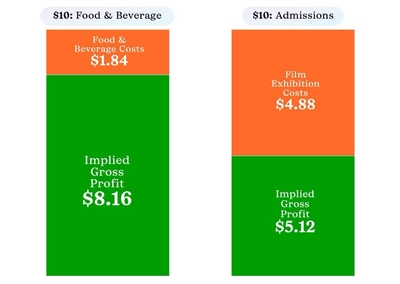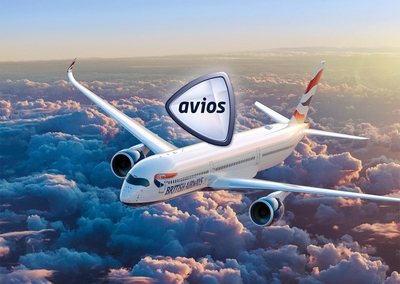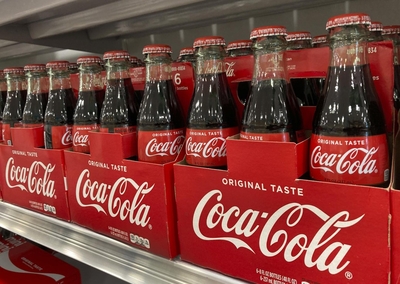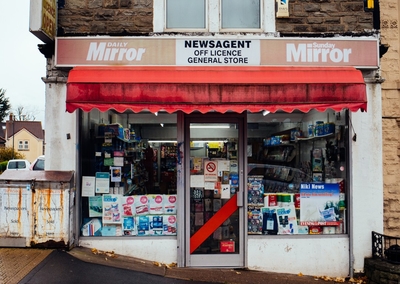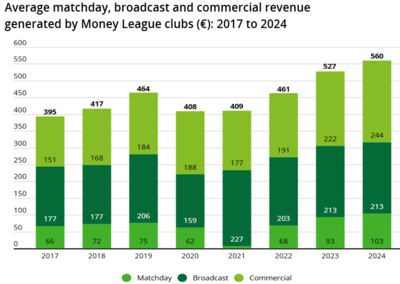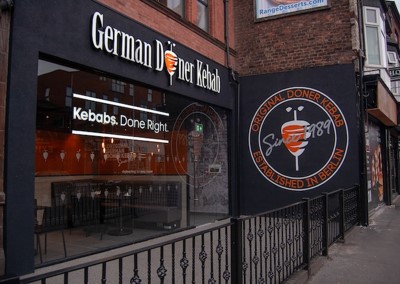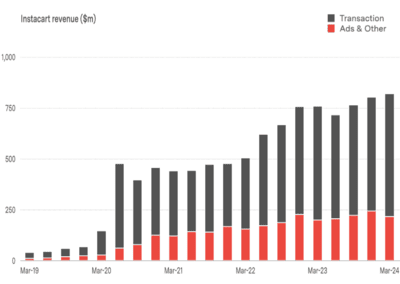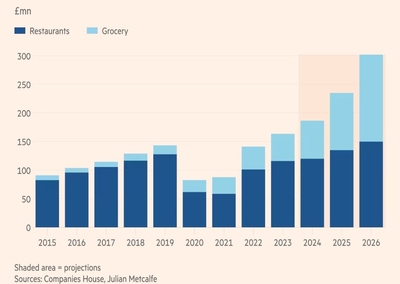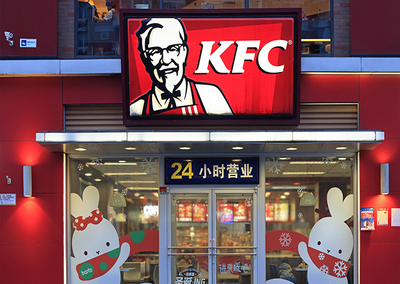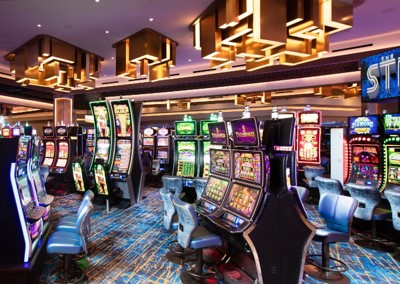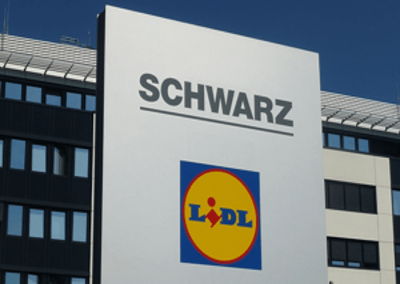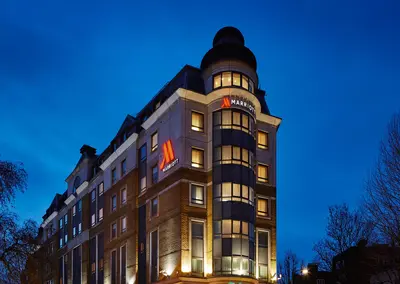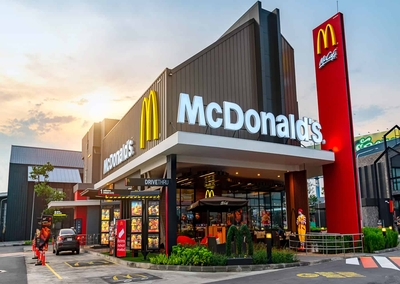For every $10 that moviegoers spend on hot dogs, nachos, popcorn, and soda, AMC takes a whopping $8.16. By comparison, for every $10 that AMC takes on ticket sales, the company holds on to just $5.12 once the actual film exhibition costs are accounted for. In short, cinemas are effectively supermarkets.
Topsy turvy business models
Businesses have surprising revenue streams.
Anguilla, a tiny British island territory in the Caribbean, brings in up to $30 million in revenue each year by licencing its ‘.ai’ domain name to other companies.
British Airways make a quarter of their profit (£320m) from Avios points.
It’s not just one of the world’s biggest religions – it’s also the largest non-government provider of health care services, with 18,000 clinics and 5,500 hospitals. All in all, the Church manages 26% of the world’s health care facilities.
Coca Cola doesn’t really sell soft drinks: it sells licensing to other companies who then manufacture and distribute Coca Cola.
Britain’s 35,000 corner shops offer more than cheap booze; Evri, a delivery company, now drops 180m parcels a year into shops, or 22.5% of all its deliveries; Customers of online-only banks, such as Monzo, can deposit cash wherever there is a PayPoint; And about 4 million households are on pre-payment gas and electricity meters, meaning they have to schlep to a shop whenever it runs out.
Football clubs are morphing into media companies: they now make more from sponsorship and naming rights than matchday tickets.
If you think kebabs are for nights out, then think again: only 4% of GDK’s business is done post 11pm – this has been helped by a diversified product range, including healthier options like rice bowls, and an ad campaign designed to showcase its relevance at every meal time.
The food delivery business is slowly becoming an advertising business: a quarter of its revenue comes from brands promoting on its website.
Itsu started out as a sushi restaurant, but it’s morphing into a supermarket range: close to half of its revenue now comes from grocery products.
KFC, the beloved American brand, generates 85% of its revenue from outside the US. One third of it comes from China.
Blackjack and poker might be the quintessential casino games, but they don’t drive the bottom line. 70% of Las Vegas gambling revenue is from slot machines, which brought in $10.5B last year (for comparison, the entire US box office in 2024 was $8.5B).
Lidl owner Schwarz Group has a standalone unit that offers cloud computing to corporate customers. It generated €1.9bn in annual sales in 2023, and its clients include Germany’s biggest software group SAP and the country’s most successful football club Bayern Munich.
The world’s largest hotel corporation owns very few hotels. Instead, Marriott makes money by selling its brand to franchisees, who then set up Marriot branded hotels and pay an annual fee in return.
McDonald’s is essentially a real estate company, making billions in rent from franchised restaurants.

